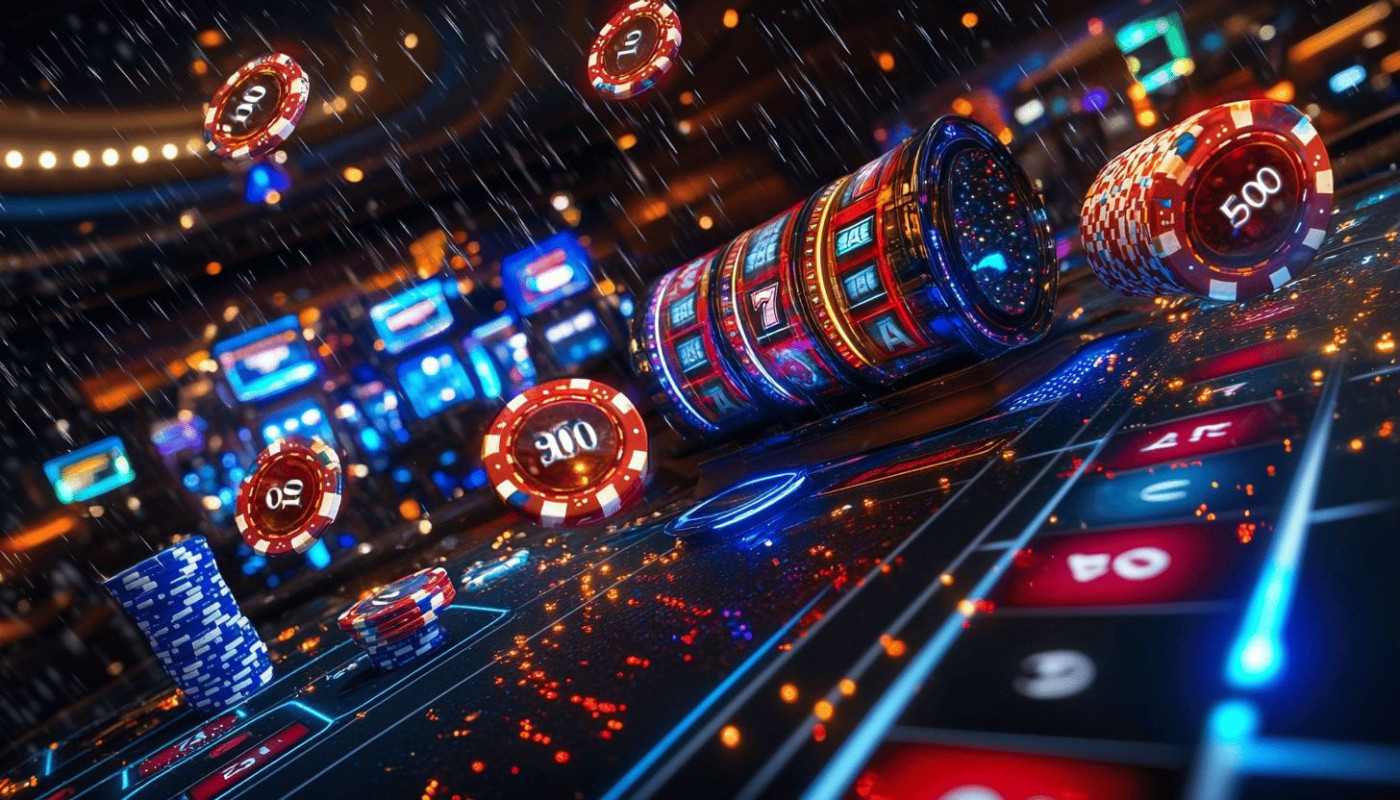Table of contents
The mysterious allure of superstition often finds its way into the thrilling world of gambling. Gamblers across the globe, regardless of their cultural background or level of expertise, can be found ardently adhering to quirky rituals and beliefs in hopes of swaying Lady Luck in their favor. This fascinating intertwining between superstition and gambling not only showcases an intriguing aspect of human behavior but also greatly impacts the overall dynamics within casinos and betting arenas. In this article, we delve into this unexpected influence that superstitious practices wield on gamblers and explore how it shapes strategies, stirs up excitement, cultivates a unique culture among players, and significantly contributes to the enduring appeal of gambling.
Superstitions: A Psychological Coping Mechanism in Gambling
One might wonder why many individuals who engage in games of chance often turn to superstitious beliefs. Experts, such as psychologists specializing in behavioral studies pertaining to risk-taking activities like gambling, suggest that these irrational beliefs serve as a psychological coping mechanism. The unpredictable nature of gambling can be stressful and unsettling for many. Superstitions provide a semblance of certainty in an uncertain situation, aiding in uncertainty management.
At the core of this phenomenon is the illusion of control. Gamblers often believe that by following certain rituals or believing in specific superstitions, they can influence the outcome of their games. This belief is a classic example of the Gambler's Fallacy, a misconception that if a particular event occurs more frequently than normal during a certain period, it is less likely to happen in the future. While the concept may seem illogical, it is a common occurrence in the world of gambling.
The comforting sense of control provided by superstitions, regardless of their irrationality, facilitates gamblers in handling the unpredictable nature of their chosen activities. This belief system, while seemingly nonsensical, plays a significant role in gamblers' behavior and decision-making process, underscoring the profound and often underestimated influence of superstition in gambling.
The Intricate Web Between Culture And Gambling Superstitions
In the fascinating domain of Cultural Anthropology, one area that often catches the eye is the profound influence of cultural traditions on individual and collective behaviors. This impact is significantly noticeable within global gambling traditions, where superstitions are deeply ingrained. This impact is significantly noticeable within global gambling traditions, where superstitions are deeply ingrained. The cultural influence on gambling is indubitably strong, breeding a plethora of unique traditions worldwide.
Take for instance the Asian culture, where the influence of numerology is substantial. Numbers are attributed with symbolic significance, playing a significant role in betting activities. The number '8' is considered exceptionally auspicious, due to its phonetic similarity to the word 'prosper' in Chinese, and is therefore often chosen in lottery tickets or betting slips. Conversely, the number '4', which sounds like 'death', is typically avoided.
On the other hand, Western cultures also have their own set of beliefs and unlucky omens at casinos. For instance, in some regions, entering a casino through the main entrance is thought to bring bad luck. This belief became so widespread that the MGM Grand Casino in Las Vegas had to alter its entrance, which was initially a lion's mouth, a symbol often linked to bad luck. Furthermore, many Western gamblers consider the color black to be unlucky, whereas red is seen as a color of fortune and strength.
As asserted by a renowned sociocultural anthropologist, these superstitions, grounded in cultural beliefs, are more than mere quirks or eccentricities. They showcase a rich tapestry of cultural heritage and societal norms, reflecting collective behaviors related to socio-cultural aspects influencing superstitions among gamblers. In the grand scheme of things, these beliefs add a layer of intrigue to the world of gambling, reflecting the cultural nuances that color our perceptions of luck and fortune.
How Casinos Foster Superstitial Beliefs Among Gamblers?
The world of gambling is intrinsically linked with superstition, with many players holding onto beliefs that certain rituals or practices can influence their chances of winning. Interestingly, casinos have developed ingenious strategies to tap into these superstitions and enhance player engagement. A key aspect of this is through the manipulation of Casino Atmospherics.
Casino layouts design plays a significant role in fostering superstitious beliefs among gamblers. As noted by industry experts such as experienced casino managers, entrances are often designed following certain themes or symbols considered 'fortunate' in popular culture. This careful structuring of the physical environment makes players subconsciously associate the casino with luck and winning, thereby motivating them to play more.
Marketing tactics by casinos also cleverly cultivate an aura of luck. Casinos often run special promotions during 'lucky' days. For instance, you might find a casino offering extra points or rewards on Friday the 13th or Chinese New Year. The intention behind these promotions is not just to attract players, but also to reinforce their superstitious beliefs. The logic is simple: if players believe they are more likely to win on these 'lucky' days, they are more likely to play more and spend more.
In the realm of gambling, player engagement is key. Casinos use their understanding of superstitions to develop a compelling player engagement strategy. By aligning their promotions and layout designs with popular superstitions, they make the gaming experience more exciting and immersive for players. This not only boosts player engagement but also increases the casino's revenues in the long run.
Similar

Essential Guide To Choosing Secure Online Payment Methods

How Do Modern Slot Games Integrate Music And Themes?

How Do Chicken-Based Casino Games Compare To Traditional Slots?

Strategies For Secure And Efficient Online Casino Payments

Comparing Crash Gambling Games: Features And Excitement

How To Choose The Best Online Casino For Slot Enthusiasts?

Exploring Safe Alternatives For Casino Mobile Payments

Exploring The Risks And Rewards Of Non-Regulatory Online Casinos

Exploring The Latest Trends In Sustainable And Stylish Living

